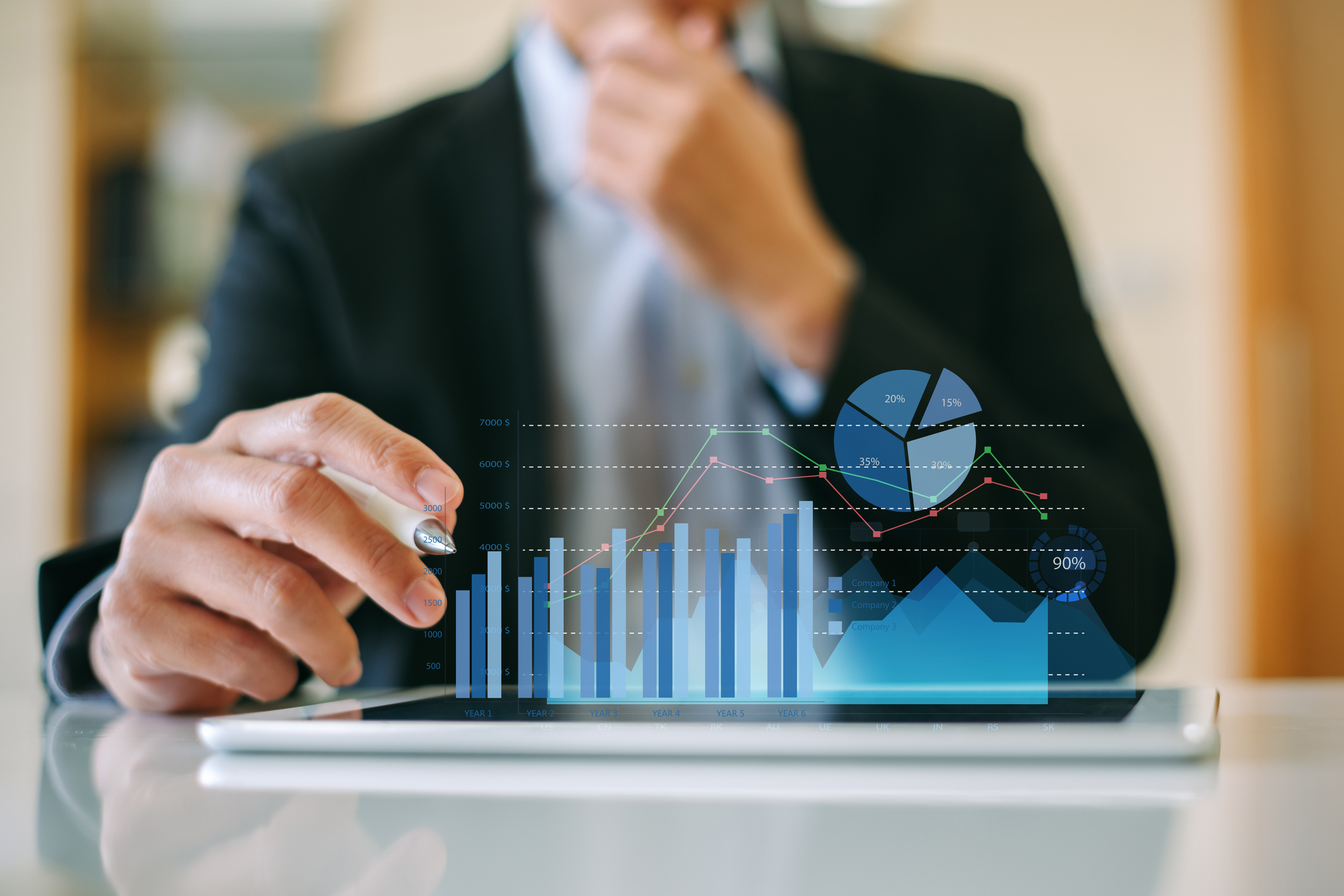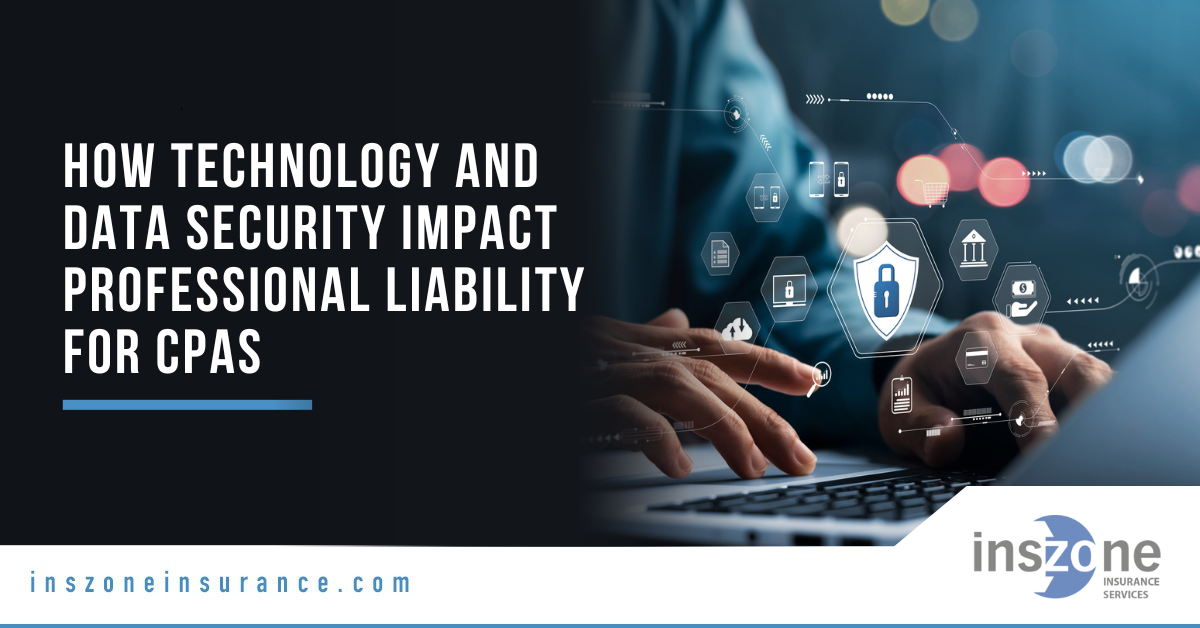What Is the Impact of Technology on Professional Liability for CPAs?
Technology has profoundly impacted the professional liability landscape for Certified Public Accountants (CPAs). With the advent of advanced accounting software, cloud computing, and artificial intelligence, CPAs can perform their tasks more efficiently and accurately. However, these technological advancements also bring new risks and liabilities, including potential data breaches and cyberattacks. CPAs must stay updated with these technologies and understand the associated liabilities to protect their practice and clients.

When Did Technology Begin to Influence Professional Liability for CPAs?
The influence of technology on professional liability for CPAs began to emerge significantly over the past decade. As more firms adopted digital tools and cloud-based solutions, the exposure to cyber risks and data breaches increased. This trend is expected to continue, with even more sophisticated technologies being integrated into accounting practices by 2025.
Where Are the Biggest Risks in Technology and Data Security for CPAs?
The biggest risks in technology and data security for CPAs lie in areas such as:
- Cloud Computing: Storing sensitive financial data in the cloud can be risky if proper security measures are not in place.
- Cybersecurity: Weak cybersecurity defenses can lead to data breaches, exposing client information and causing significant financial and reputational damage.
- Software Vulnerabilities: Outdated or unpatched software can be exploited by cybercriminals, leading to data theft or loss.

Why Are Data Security Concerns Growing for CPAs?
Data security concerns are growing for CPAs due to the increasing volume of sensitive financial data being handled digitally. Cybercriminals are becoming more sophisticated, targeting accounting firms for valuable financial information. Additionally, regulatory bodies are imposing stricter data protection regulations, requiring CPAs to implement robust security measures to avoid penalties and legal issues.
Who Is Responsible for Managing Technology and Data Security in Accounting Firms?
The responsibility for managing technology and data security in accounting firms lies with both the individual CPAs and the firm’s management. CPAs need to follow best practices for data security, such as using strong passwords, enabling two-factor authentication, and regularly updating software. Firm management must invest in comprehensive cybersecurity training for their staff and implement advanced security protocols to protect client data.
How Can CPAs Mitigate the Risks Associated with Technology and Data Security?
To mitigate the risks associated with technology and data security, CPAs should take the following steps:
- Implement Strong Cybersecurity Measures: Use firewalls, antivirus software, and encryption to protect sensitive data.
- Regularly Update Software: Ensure all software is up to date to protect against known vulnerabilities.
- Conduct Security Audits: Regularly perform security audits to identify and address potential weaknesses.
- Train Staff: Provide ongoing training to staff on the latest cybersecurity threats and best practices.
- Develop a Data Breach Response Plan: Have a plan in place to respond quickly and effectively in the event of a data breach.

